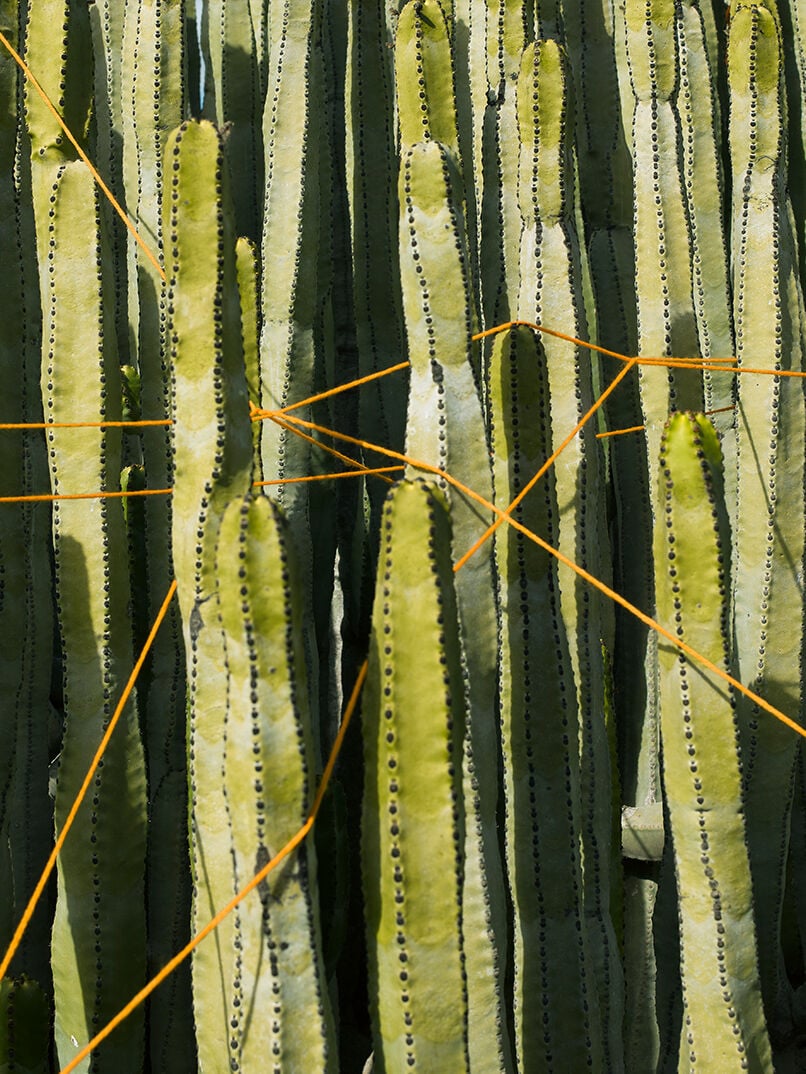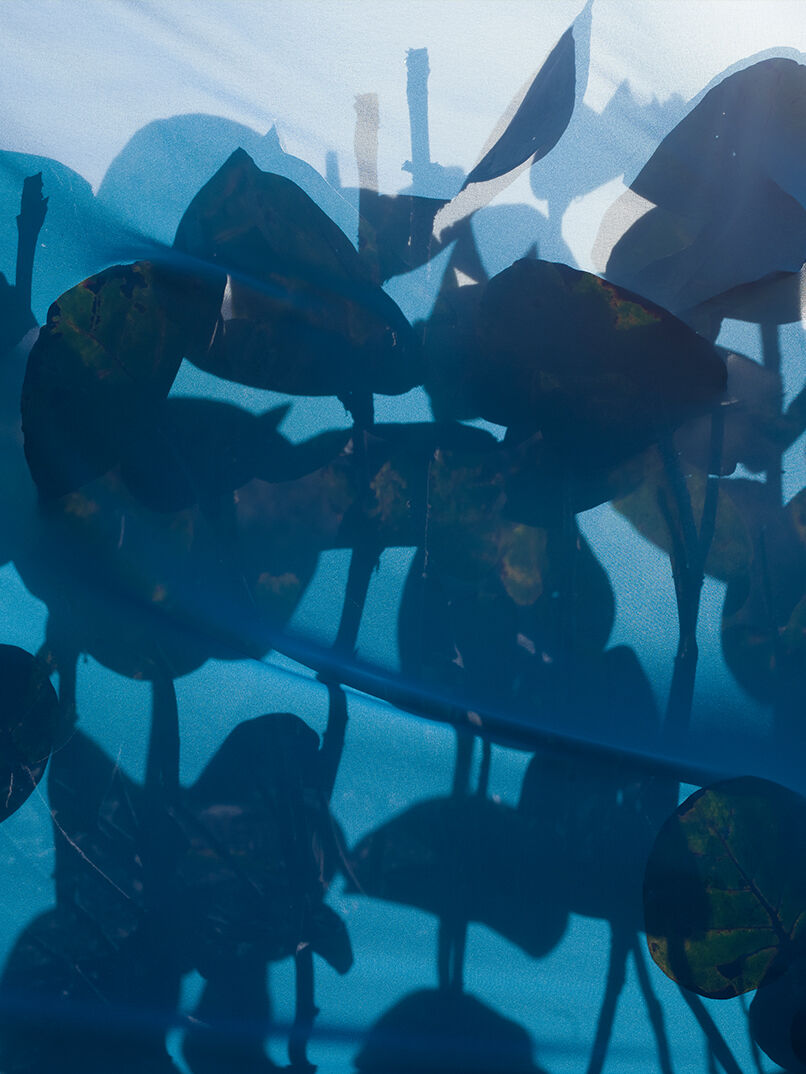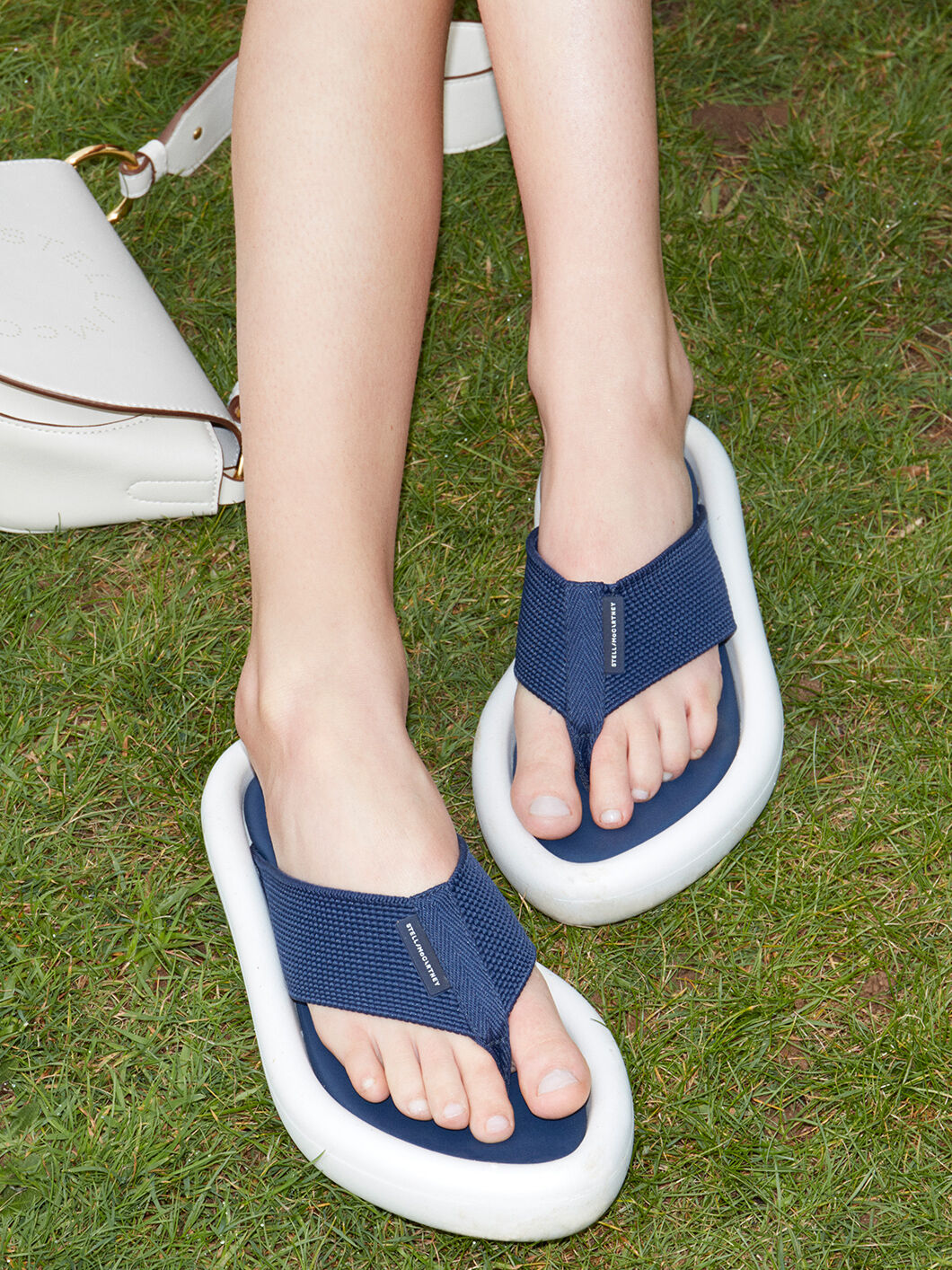We aim to be as conscious about the materials we use for our packaging as we are with our fashion collections, and are constantly looking for innovative ways to minimise our use of single use and virgin plastic and paper.
Paper production can contribute to deforestation. Since 2012, we have only used paper that is made from at least 50% recycled content in our packaging. We are committed to ensuring that the paper we use does not support the degradation or destruction of forest ecosystems, and that all of the wood and paper we use comes from sustainably certified sources.
We endeavour tirelessly to minimise the amount of plastic that we use and stopped using PVC in 2010. In 2018, we signed the Ellen MacArthur Foundation’s New Plastic Economy Global Commitment – pledging to drastically reduce the plastic we use and that, by 2025, all the plastic that we do use will be recycled, recyclable or compostable.
We have also joined Fashion for Good’s polybag collection pilot scheme, trialling the collection of clear plastic garment bags from our London store and sending them for recycling.
The Pack4Good Position Statement
We recognise that single-use packaging currently exerts an impact on ecosystems at the resource extraction point, during production and at disposal. Addressing this requires a holistic approach that does not increase pressure on one globally vital ecosystem (like forests) in order to reduce the pressure on another, such as oceans. It is both imperative and possible to create changes in packaging use, sourcing, production and end-of-product-use management to support the shift away from single-use plastics and enable conservation of ancient and endangered forests concurrently.
Therefore, Stella McCartney, as a supporting partner of Canopy’s Pack4Good Initiative, commits to:
- Ensuring the paper-based packaging we use does not include fibre sourced from ancient and endangered forests by end of year 2020
- Prioritising innovative packaging design to reduce overall material needs
- Giving preference to paper-based packaging with high-recycled content, specifically post-consumer waste content
- Encouraging our suppliers that are found to be sourcing from ancient and endangered forests to change their practices and/or re-evaluate our relationship with them
- Working with innovative companies and Canopy to continuously expand the availability and development of next-generation solutions with a focus on agricultural residues and post-consumer recycled content.
- Requesting that our suppliers recognise, respect and uphold human rights and acknowledge the right of Indigenous People and rural communities to give or withhold their Free, Prior and Informed Consent (FPIC)
- Supporting conservation solutions and seeking opportunities to inform the public on these issues and solutions through our marketing and communications
- Adopting specific targets and timelines by the end of 2020 to track and report on our progress
The New Plastics Economy Global Commitment
In 2018, we partnered with the Ellen MacArthur Foundation – joining hundreds of other signatories to its New Plastics Economy Global Commitment and setting goals for our plastic use that we aim to reach by 2025. We have pledged: to work to eliminate the plastic items we do not need; innovate so all plastics we do need are designed to be safely reused, recycled or composted; and circulate everything we use to keep it in the economy and out of the environment.
Polybag Collection Scheme
It’s estimated that 180 billion clear plastic polybags are produced globally every year. A huge volume of these single-use bags are used by the fashion industry in the form of garment bags and most are neither recycled nor made from recycled materials. In the UK, only 4% of plastic film packaging is recycled – with the rest being incinerated or sent to landfill.
In 2020, Stella McCartney joined other fashion brands in London by taking part in Fashion For Good’s pilot Polybag Collection scheme. Polybags from multiple stores across the city were collected, sorted and baled before being sent to be recycled.
Looking ahead, we hope every piece of polybag packaging that is collected will be recycled and turned into new clear film plastic – creating a circular loop that reduces waste and the use of virgin resources.
We use organic cotton to create products in ways that enrich the environment.
Synthetic materials can –and should– be recycled and come from recycled sources.
We source from farms committed to animal welfare and environmental stewardship, where possible.
We consider our environmental footprint at every point of our design process, even after our products have been sold.
We are exclusively releasing two t-shirts and two sweatshirts supporting Greenpeace’s campaign to stop deforestation.
.jpg)



















